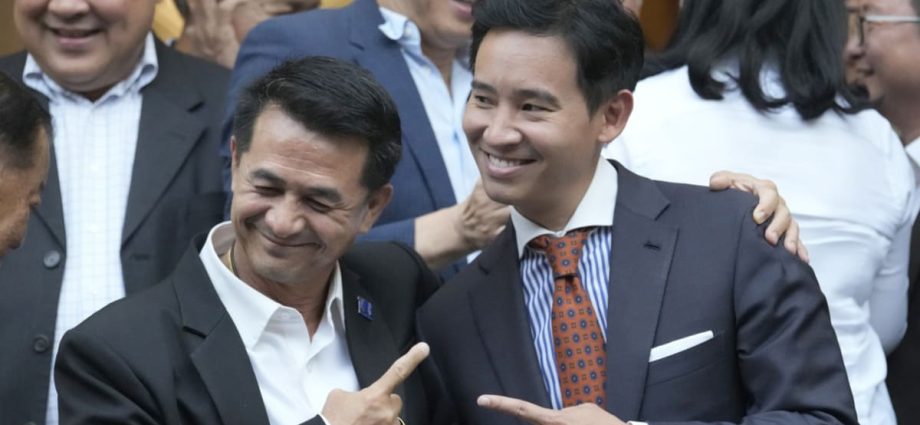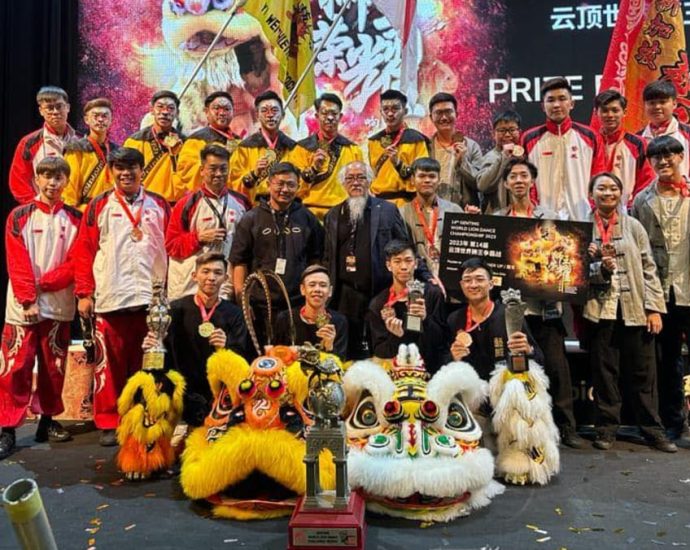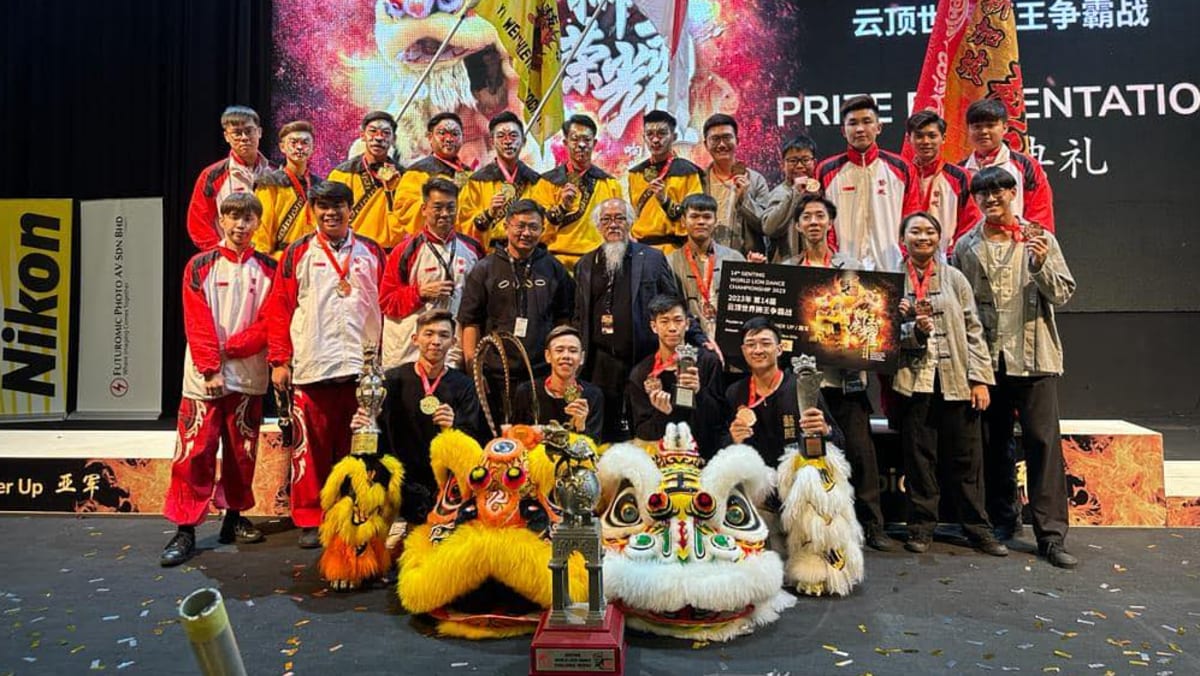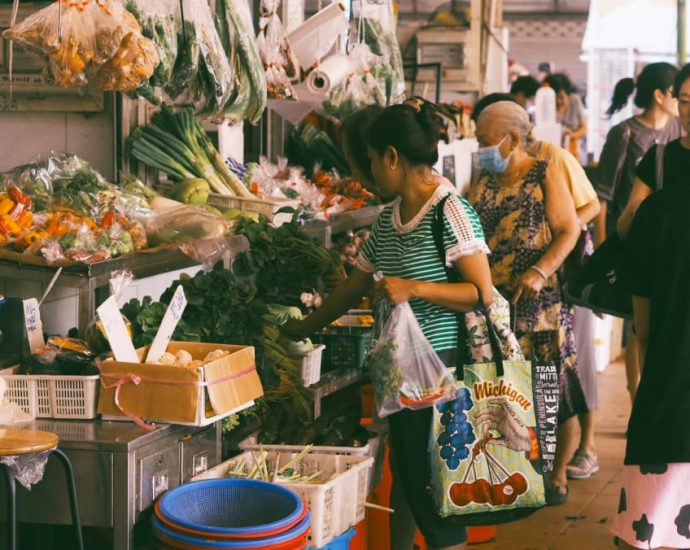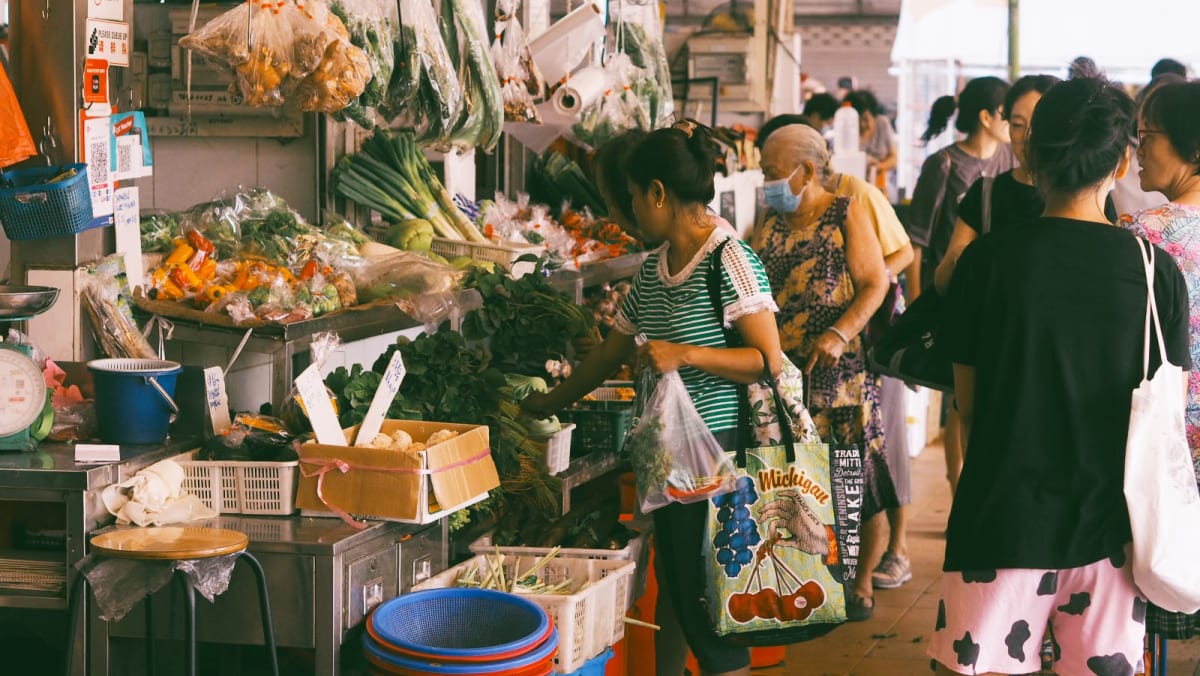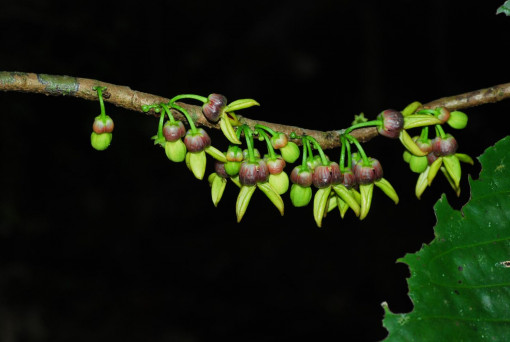Commentary: Thailandâs parliament stalemate puts Pheu Thai at crossroads
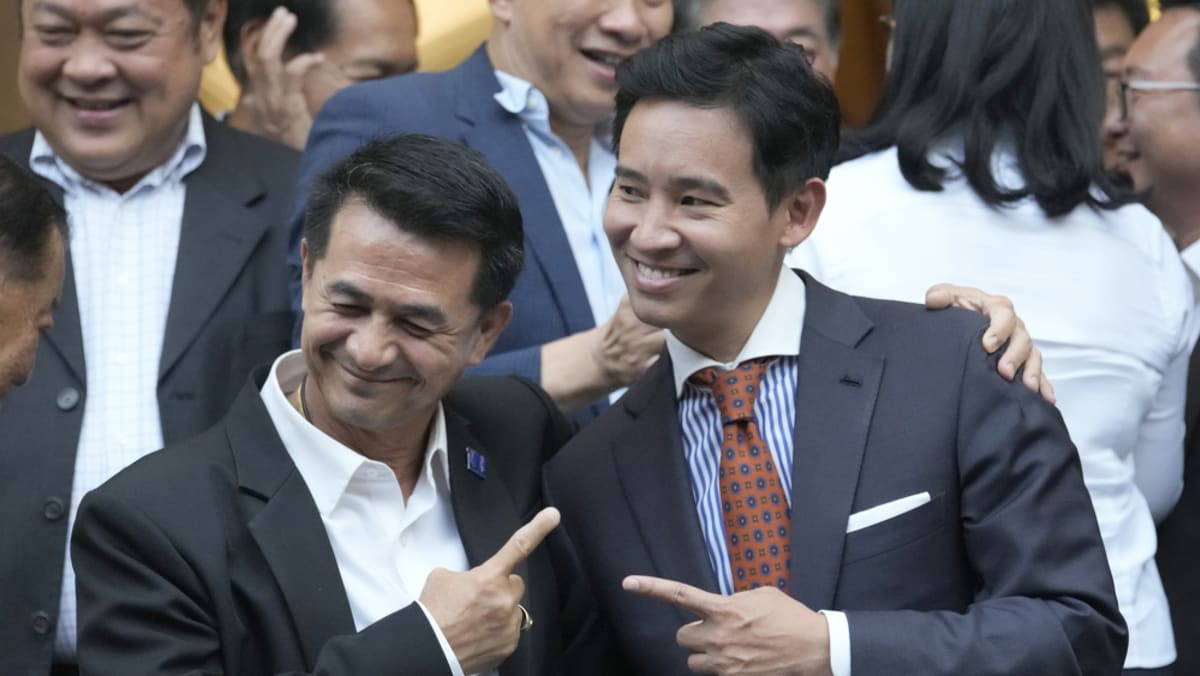
SINGAPORE: A quintessential Thai-style hung parliament has emerged after the Thai Senate twice obstructed Pita Limjaroenrat, the leader and prime ministerial candidate of the Move Forward Party (MFP), in his bid to become Thailand’s 30th prime minister.
The fiery contention between the country’s political parties has led the Pheu Thai Party to exclude the MFP as a coalition partner. The political deadlock shows little signs of resolution, as questions linger about the Senate’s readiness to endorse Srettha Thavisin of Pheu Thai as an alternative candidate.
During the first parliamentary meeting to select the prime minister on Jul 13, the Senate, which consists of 250 members hand-picked by the military government in early 2019, overwhelmingly abstained or voted against Pita’s candidacy. They accused the MFP of attempting to subvert the monarchy by campaigning to amend Article 112 or the lese-majeste law.
Consequently, the MFP-led coalition, consisting of eight parties, fell 51 votes short of a majority endorsement from the bicameral parliament (that is, 375 out of 749 votes).
On Jul 19, the Senate reaffirmed its opposition to Pita by voting against his renomination. The rationale was that Pita’s renomination constituted a motion that had already lapsed, making it ineligible for resubmission in that parliamentary session, according to Rule 41 of the parliamentary rules and procedures.
THAI SENATE OPPOSITION NO SURPRISE
The Senate’s opposition to Pita comes as no surprise, given that most of its members were appointed by the National Council for Peace and Order established after the May 2014 military coup. The Senate predominantly consists of individuals closely linked to the junta, including friends, relatives, and former members of the junta’s Cabinet, lawmakers and top active-duty military commanders.

